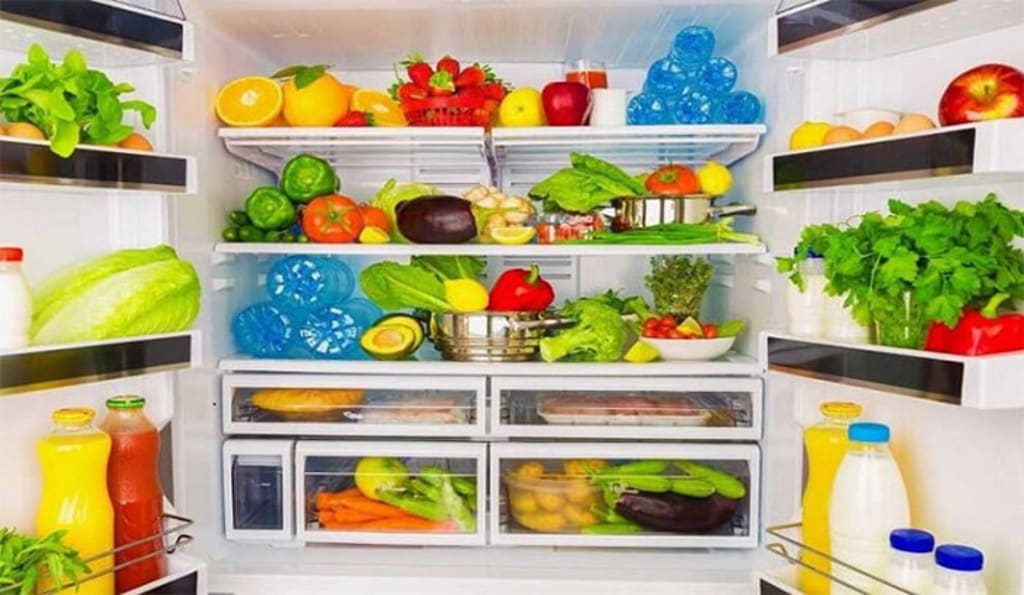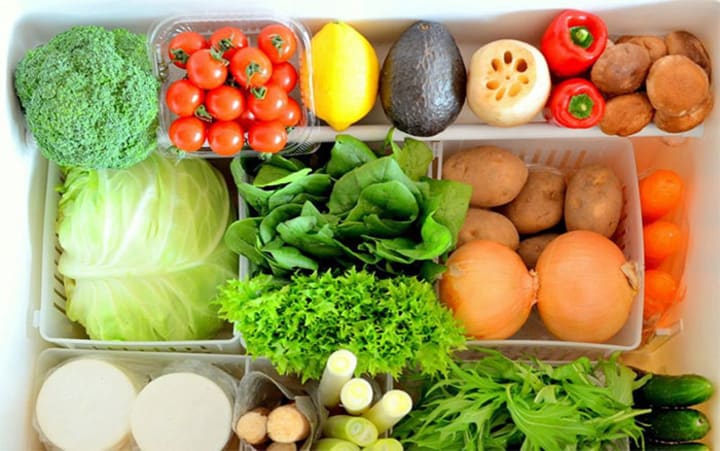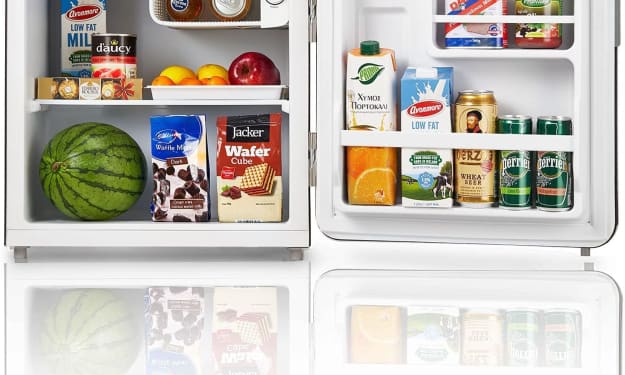Store vegetables properly to retain nutrients
We know that the fresher the food, the better, but fruits and vegetables are very perishable if not used immediately. In addition to the fact that biological processes continue to take place after fruits and vegetables are harvested, some types of bacteria attached to them are also pathogens that can harm both the product and humans. Simply storing it in the refrigerator is not good enough for preservation because different types of plants will react differently to that method of preservation.

Freshness starts from where it is grown
Farmers always try to harvest vegetables and fruits at the best time. But in addition, plant care factors before and after harvest also affect the freshness of vegetables and fruits.
As consumers, we cannot directly control those factors, but we can find the best way to preserve fruits and vegetables after purchasing them.
The first important thing is that damaged or cracked products will accelerate the decomposition process of fruits and vegetables. In addition, such damaged areas also cause fruits and vegetables to lose water faster, increasing the rate of deterioration and loss of nutrients, while also creating conditions for harmful bacteria to easily penetrate.
To wash or not to wash?
Many fruits and vegetables are pre-washed before we buy them. In fact, if you wash fruits and vegetables and don't make sure they are completely drained, standing water increases moisture and speeds up the rotting process when storing fruits and vegetables in the refrigerator.
However, washing fruits and vegetables before using is important to remove soil and pathogens.
You should not use vinegar to wash fruits and vegetables. Research shows that vinegar has no antibacterial effect on fresh fruits and vegetables.
Likewise, don't use baking soda. Although there is some evidence that baking soda can remove pesticide residue from the surface of some fruits and vegetables, it is not recommended to do this at home. You just need to use regular tap water.
Storage location
The most important thing when storing vegetables is that you need to use the right type of packaging and store vegetables in the right place to best control water evaporation, ripeness and damage of the product. The three best places are on the kitchen counter, in the refrigerator or in a dry, cool and dark place.
Bananas, onions, garlic, potatoes, sweet potatoes, and whole pumpkins should be stored in dark shelves, cupboards, and cabinets. Don't store potatoes and onions together, because onions produce ethylene gas, which causes the potatoes to spoil faster, and moisture from the potatoes spoils the onions.
You should also avoid storing fruits such as apples, pears, avocados and bananas together, as these fruits produce ethylene gas when ripe and cause surrounding fruits to ripen and possibly spoil faster. But if you want these fruits to ripen quickly, you can do so.
The best place to store leafy greens, carrots, cucumbers, cauliflower and broccoli is in a low-humidity compartment of the refrigerator. You can put them in a plastic bag with holes to both keep them moist and maintain air circulation. You should not put them in a completely sealed bag because this will slow down the ripening process of the fruit and trap carbon dioxide, making the fruit susceptible to rot.
Some fruits such as apples, oranges, and lemons can be left out for a few days at room temperature, but if stored in the refrigerator, they will stay fresh longer. It should be noted that you should not store watermelon in the refrigerator for more than 3 days because the watermelon will lose its aroma and reduce its red color.

Buy as little as possible so you don't have to worry about storage. (Illustration).
Most herbs and some leafy greens, such as celery, green onions and asparagus, can be soaked in water to keep them crisp, but keep them out of direct sunlight.
Prevent food waste
You should not buy too much at once. Buy as little as possible so you don't have to worry about storage. Don't buy damaged or cracked products if you want to keep them for longer than 1 day.
You can process vegetables and fruits to keep them longer. For example, if you buy a lot of ripe bananas, you can mash them and store them in the refrigerator at 4 degrees Celsius for up to 14 days. Frozen, boiled or blanched, fermented and canned according to each type of vegetable.
Vacuum sealing is also a way to preserve soft vegetables and fruits such as berries. For example, vacuum-sealed beans can be stored in the refrigerator for 16 months, but if stored in a regular bag in the refrigerator, it will only last 4 weeks.
Remember to monitor food condition. Arrange your refrigerator so that you can easily see the products and use them before they lose their freshness.
Finally, you can grow some plants yourself. Not everyone can do this, but you can try growing a few herbs in small pots so you don't have to worry about the freshness or availability of these vegetables, or growing leafy vegetables is not too much. difficult and very convenient.
About the Creator
Ken aquariums
Telling stories my heart needs to tell <3 life is a journey, not a competition
If you like what you read, feel free to leave a tip,I would love some feedback
https://sites.google.com/view/hk-decor/trang-ch%E1%BB%A7
Enjoyed the story? Support the Creator.
Subscribe for free to receive all their stories in your feed. You could also pledge your support or give them a one-off tip, letting them know you appreciate their work.






Comments (1)
Very inspiring read, thanks for sharing.